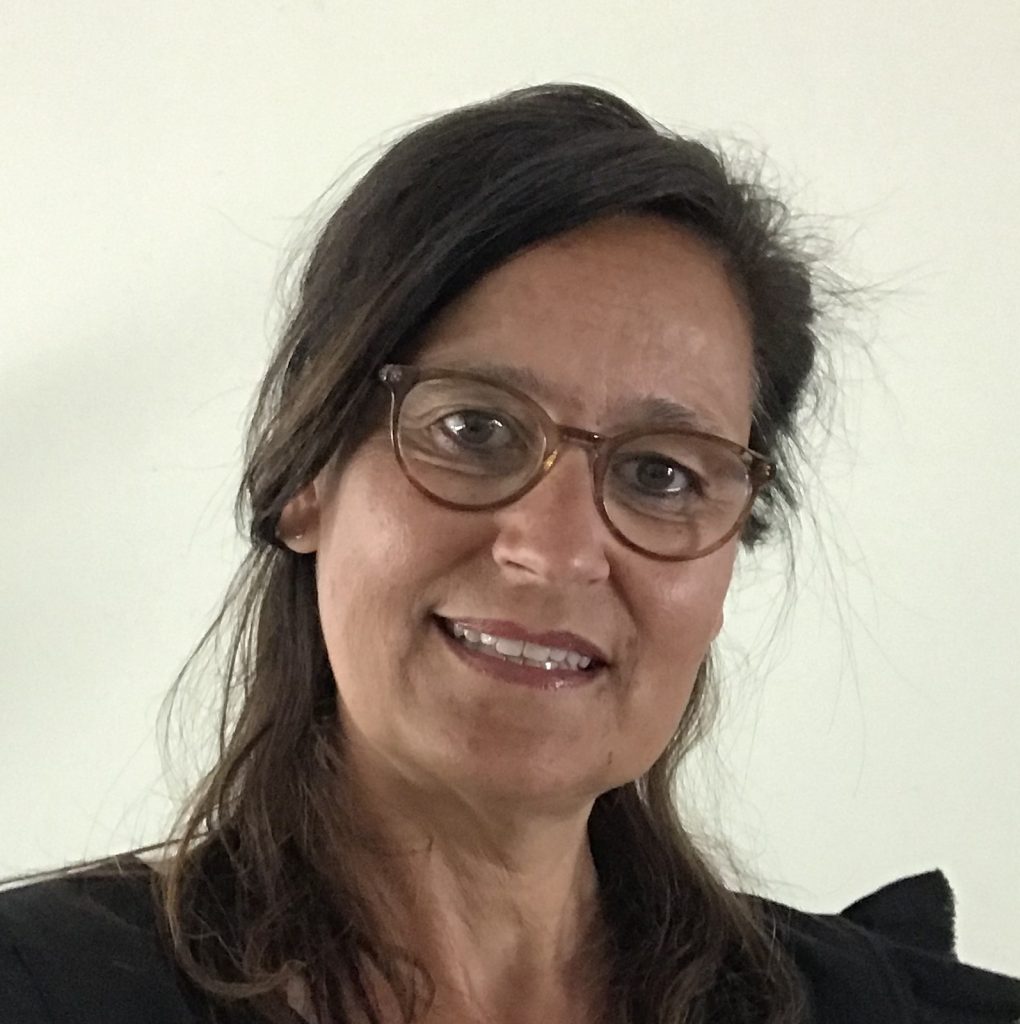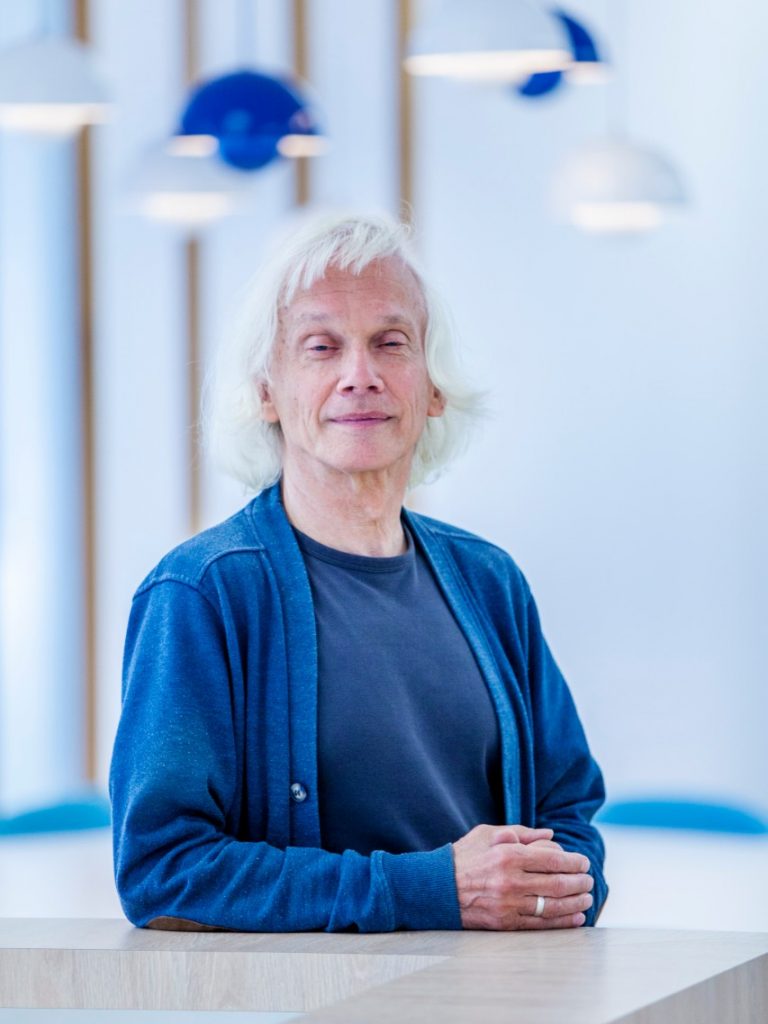DR-217 Metastatic breast cancer: can liquid biopsies reliably replace solid biopsies?
There is no cure for metastatic breast cancer, but there are still many treatment options that may prolong life with reasonable to good preservation of quality of life. To identify suitable treatment options, a tissue biopsy of the metastatic lesion is necessary. Such biopsy is however a burden for the patient, depending on the anatomic site, and may not be representative of other metastatic lesions. Alternatively, a “liquid” biopsy, i.e. blood could be used to find viable treatment options based on circulating tumor DNA. This is now technically feasible and associated with minimal discomfort for the patient. Comparative studies between such liquid and solid biopsies are needed to evaluate whether liquid biopsies are in fact a good alternative for tissue biopsies in metastatic breast cancer patients. Using HMF sequencing data from metastatic tissue lesions (“solid” biopsies), combined with our own analyses of paired blood samples obtained through the Center for Personalised Cancer Treatment (“liquid” biopsies), we will assess whether liquid biopsies are a proper alternative for solid biopsies in metastatic breast cancer patients to identify suitable treatment options.
Cathy Moelans , Universtair Medisch Centrum Utrecht (UMCU), the Netherlands
Terug naar nieuwsMeer nieuws

Een lerend zorgsysteem voor verbeterde zorg
Vandaag bij het Financieele Dagblad: Als een patiënt in een ziekenhuis of daarbuiten wordt behandeld, worden er veel gegevens in …

Bestaande kankermedicijnen slaan hun vleugels uit
29 december 2018 Wat als een geneesmiddel tegen huidkanker ook zou werken bij borstkankerpatiënten? Wetenschappers onderzoeken hoe het gebruik van bestaande …

‘Bewondering voor enthousiasme om door beton heen te breken’
‘Jan en alleman nemen het woord personalised medicine in de mond, maar het lukt maar weinigen daar echt handen en …

Unieke dataset Hartwig heeft onze visie op uitgezaaide kanker verrijkt.